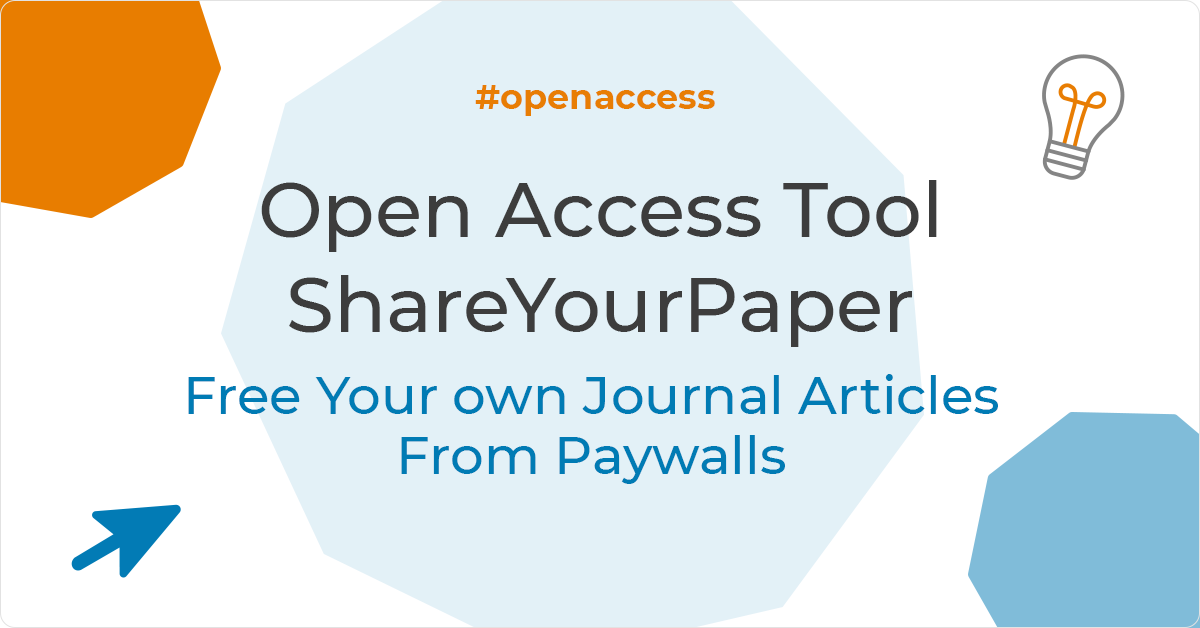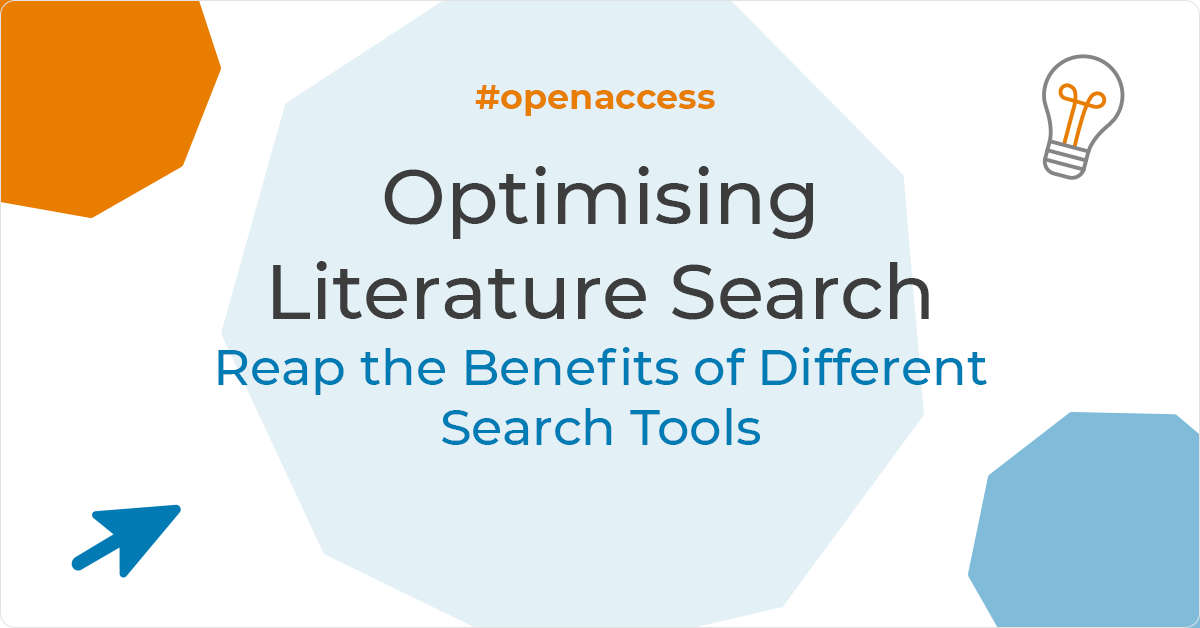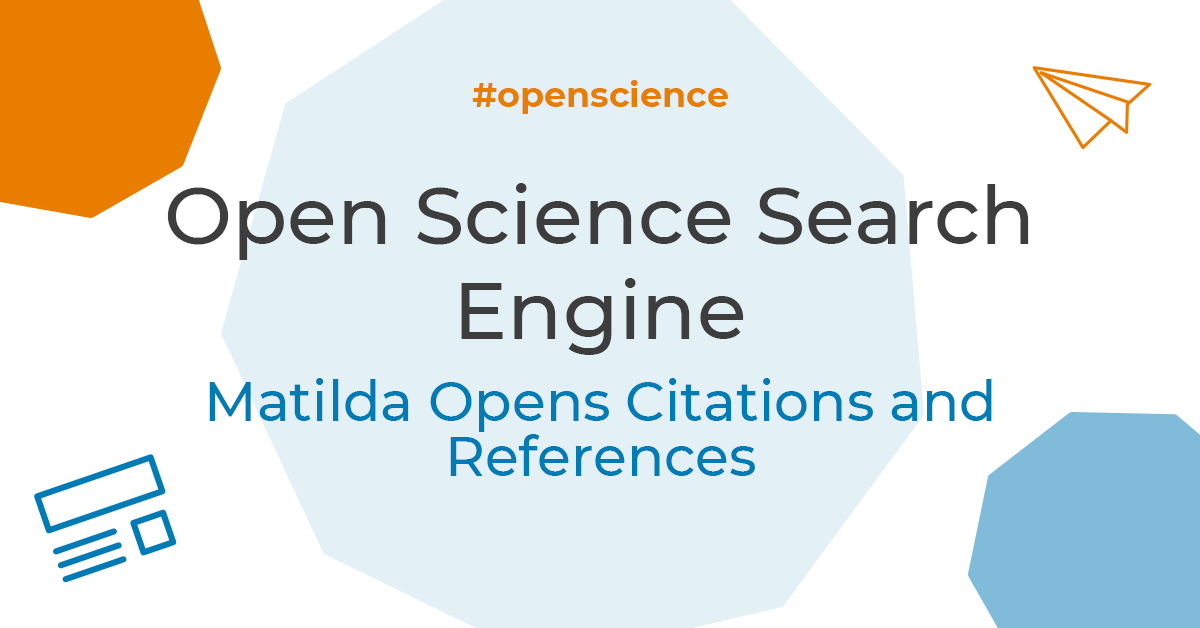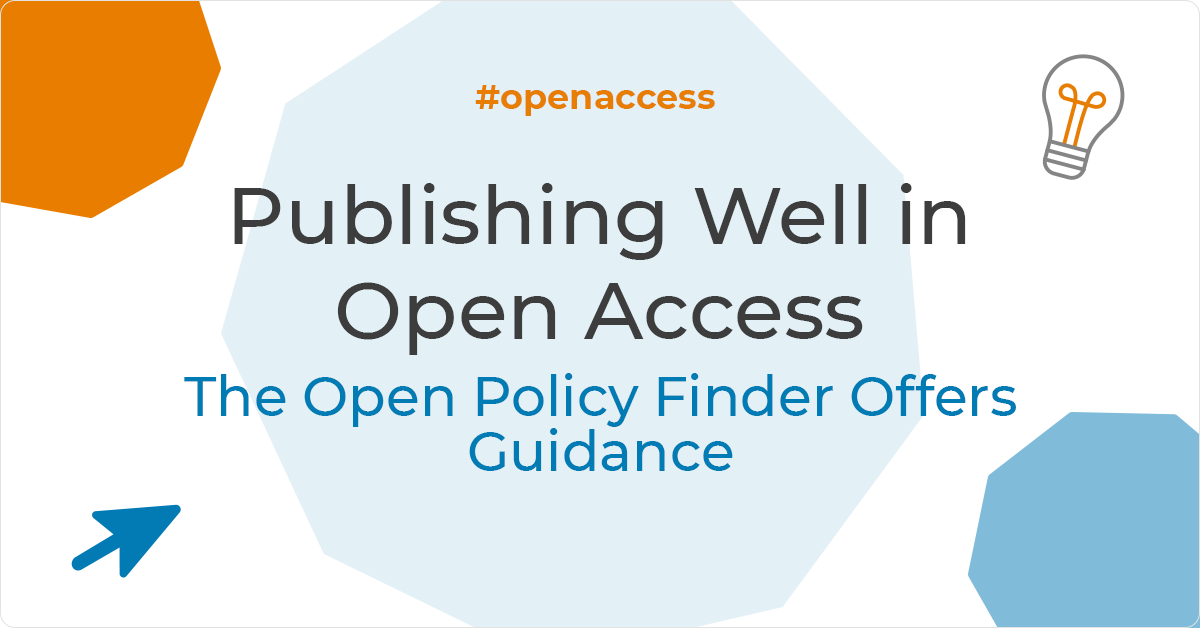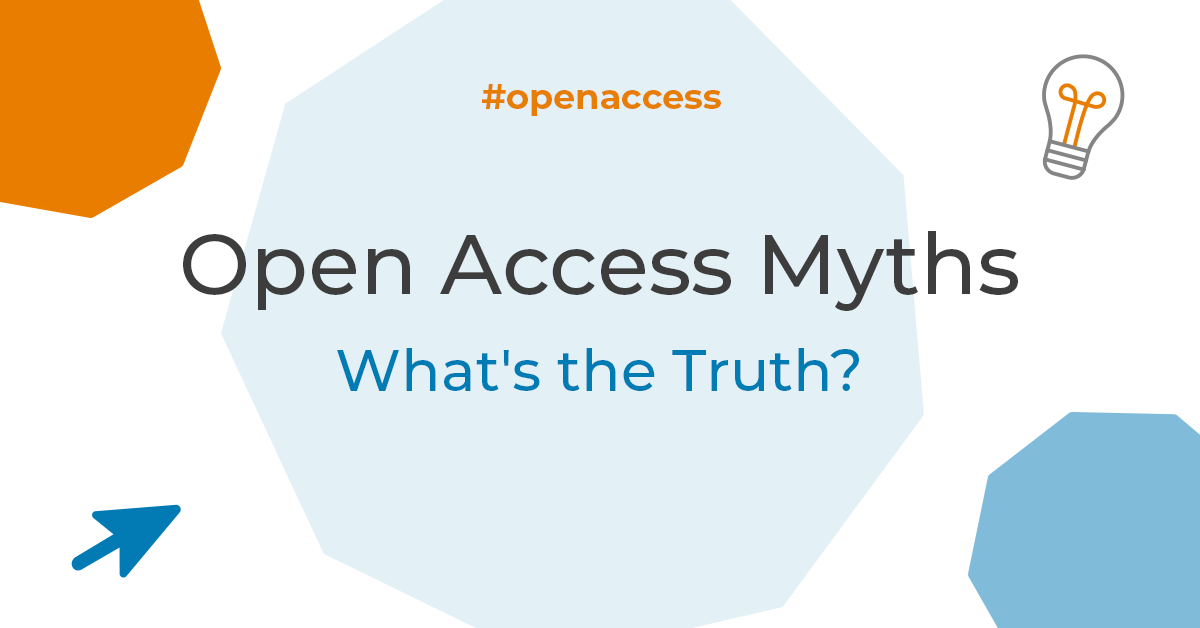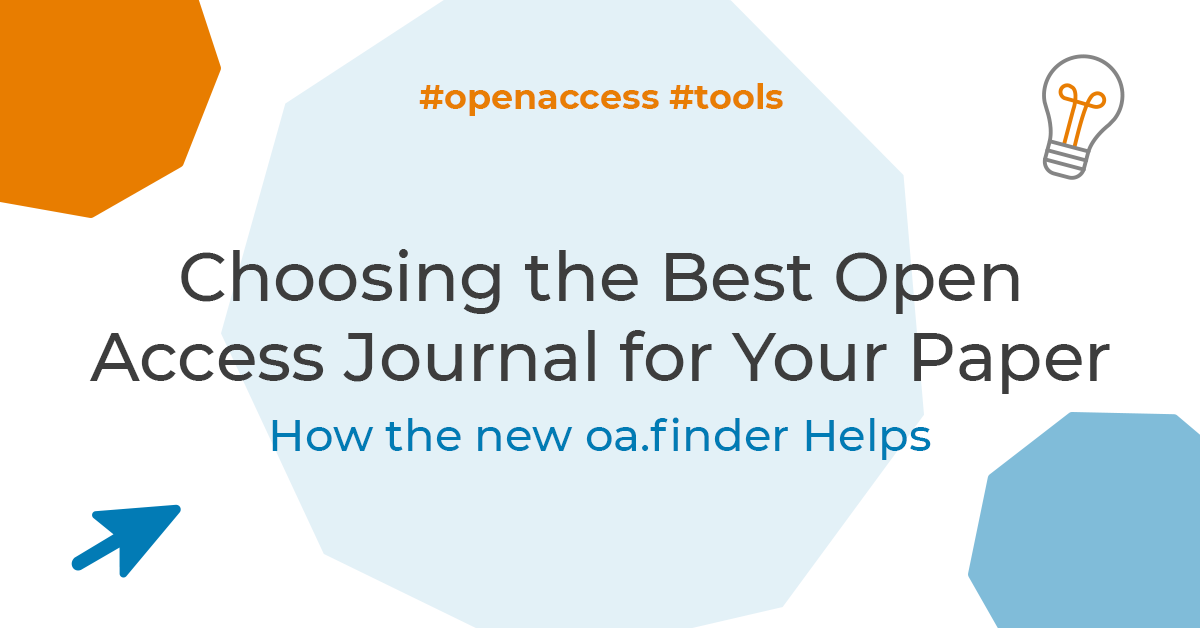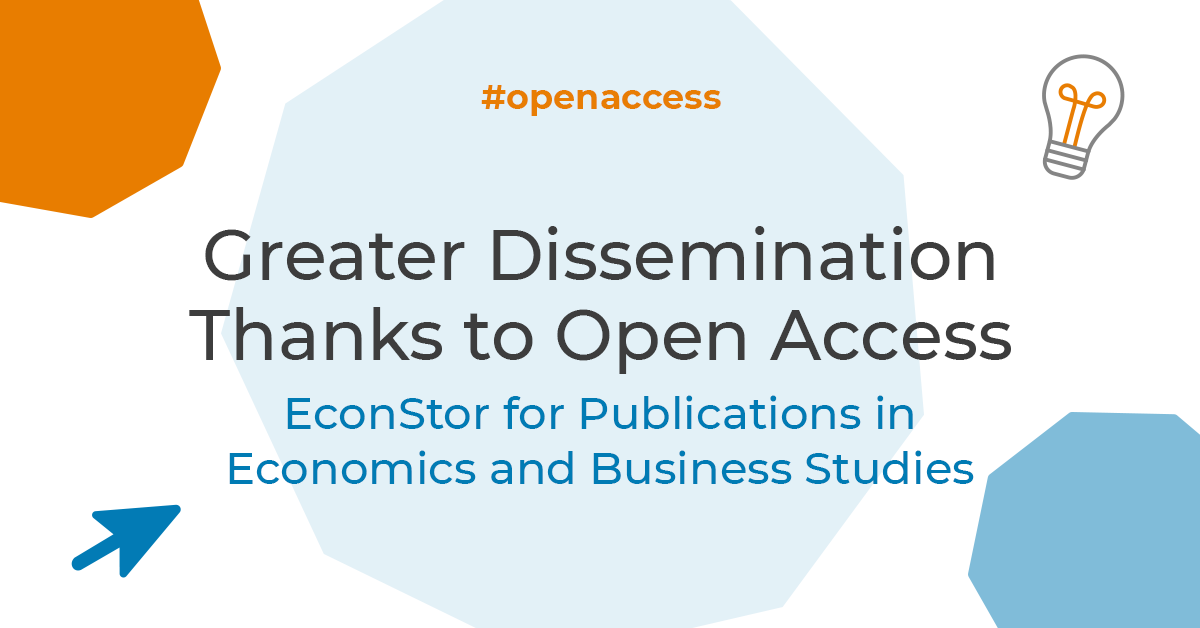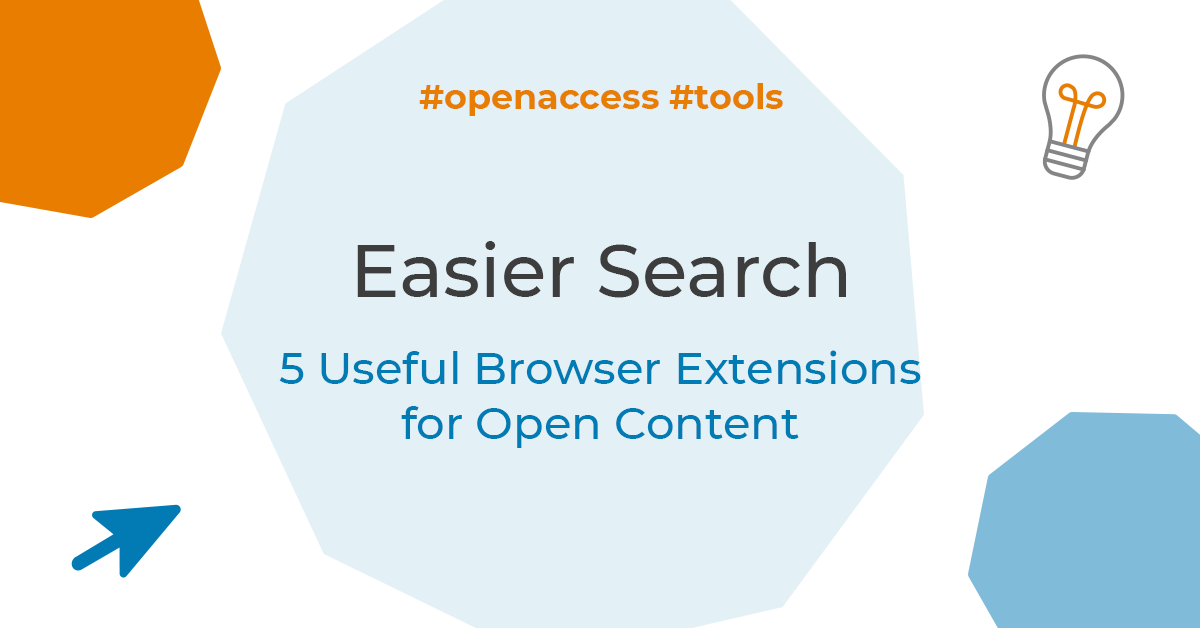Open Access Tool ShareYourPaper: Free Your own Journal Articles From Paywalls
You have published an article in a journal, but it is not openly accessible since a paywall is preventing many interested colleagues and the general public from reading it? This situation is frustrating for everyone involved. It restricts the transfer of knowledge, and your research does not receive the visibility and citations it deserves. Shareyourpaper.org makes it easy to change this. ShareYourPaper promises greater visibility and 30 per cent more citations. The free, browser-based Open Source service from OA.Works, a non-profit operator of several Open Access tools, is designed to simplify legal self-archiving. ShareYourPaper shows researchers how they can make […]
